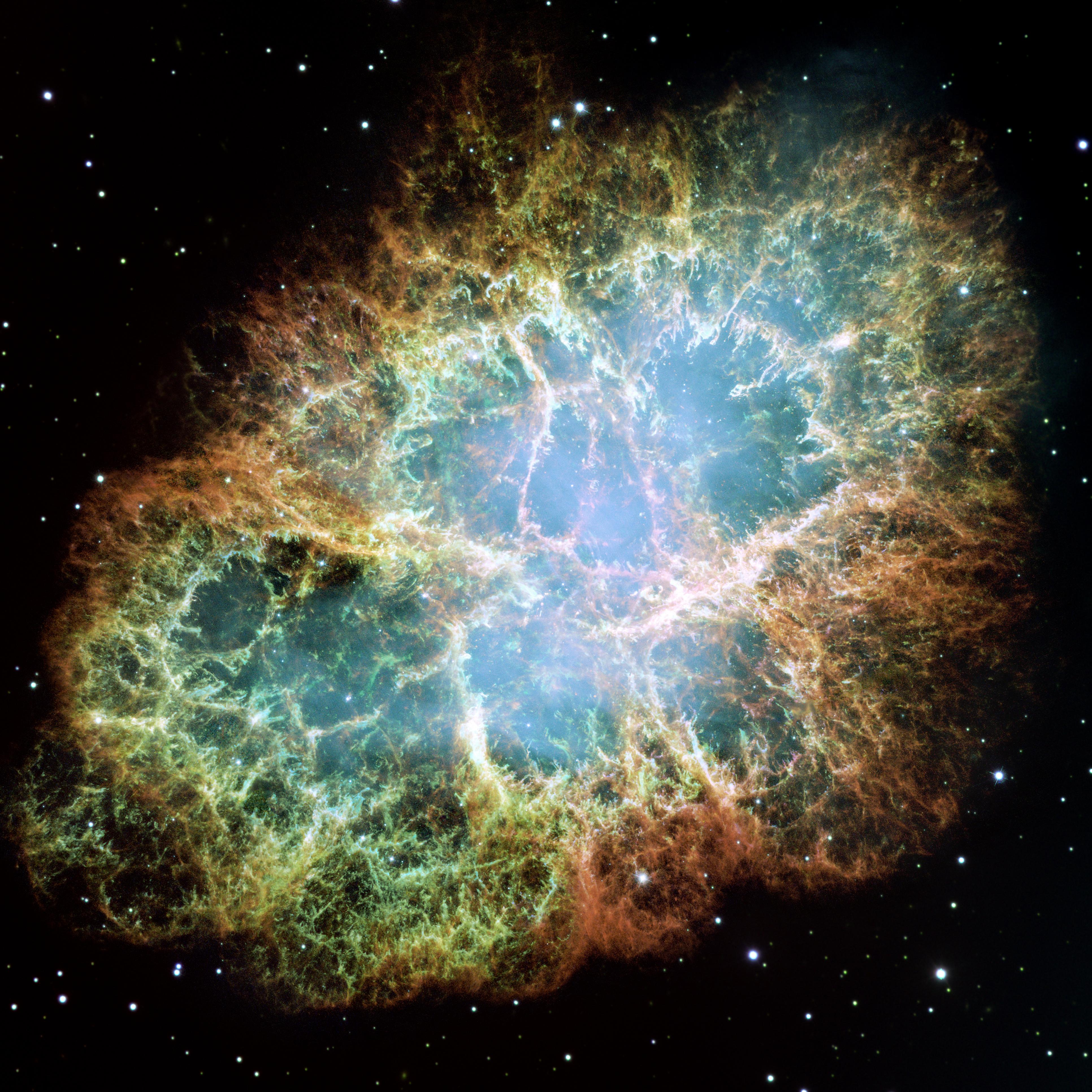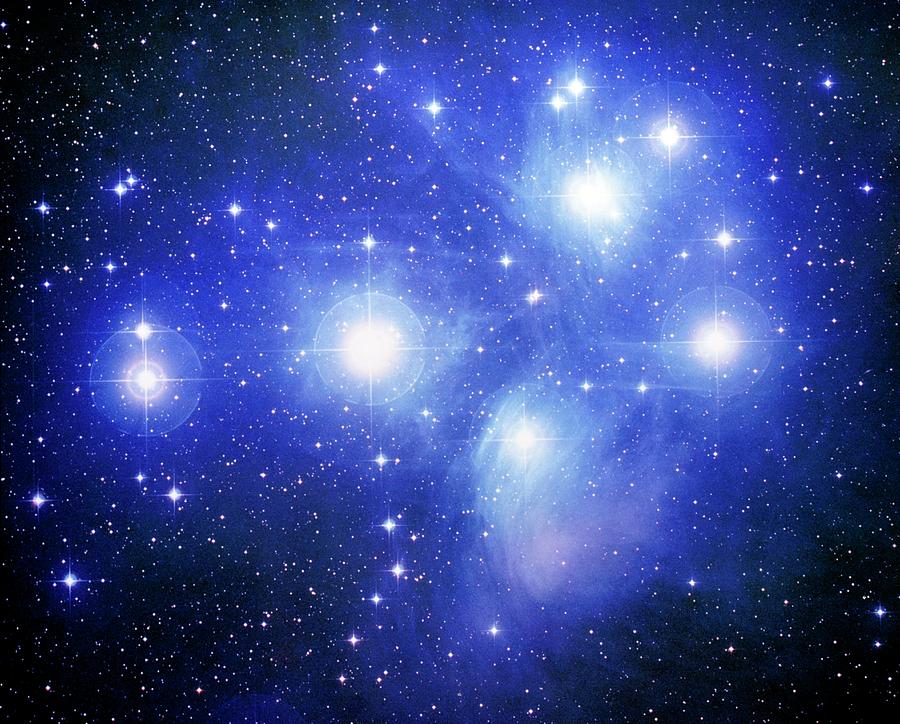About Astronomical Explorers
Astronomy is a type of natural science that studies all aspects of space and always await new space discoveries
Hello, welcome to Astronomical Explorers, this site discuss many aspects of the Universe such as Galaxies, Stars, Planets, and so much more. Astronomical Explorers will also go on a journey to explore many phonemonal space pictures taken by NASA's space telescopes along with the latest up to date info regarding the James Webb Space Telescope.
"Astronomy Compels the Soul to look upwards and leads from this world to another" -Plato
Learn and explore more about Galaxies, Nebulas, Star Clusters, and so much more

Galaxy
Galaxies are islands in space that are systems of stars, dark matter, interstellar gas, and dust. Galaxies can vary in terms of size and population of stars host they such as from few hundred millions to billions to even trillions of stars .Galaxies are categorized based on their visual appearances and belong to classes like spiral, elliptical, irregular, or lenticular.

Nebula
Nebulas are interstellar clouds of gas and dust in space. Some nebulas are formed from the explosion of a dying star like stars such as our own Sun. While others are nursery regions for newborn stars as gravity in those nebulas pulls and clumps of gas and dust together causing the clumps to get bigger to the point they collapse, and the formation of a new star begins. nebulas are divided into classes such as diffuse nebulae, dark absorption nebulae, reflection nebulae, and planetary nebulae.

Star Clusters
Star Clusters are large group of stars that are divided into two classes, which are open clusters and globular clusters. An open cluster is a type of star cluster made of up to a few thousand stars that were formed from the same molecular cloud and are nearly the same age. more than 1,100 open clusters are known to exist in the Milky Way with many more still awaiting discovery.
Globular Cluster is another type of star cluster that is tightly bounded by gravity and contain more and older stars than open clusters. Globular Clusters contains up to few millions of stars and astronomers identified at least 150 of these star clusters in the Milky Way and unlike open clusters, Globular Clusters stars are formed at different times, in other words, some stars are younger and older in globular clusters.
